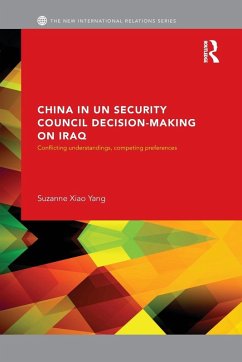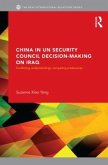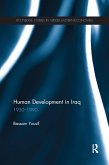With the rupture of the UN Security Council in March 2003 over the US spearheaded intervention in Iraq, the attempts made to subject the use of force to the rule of law had failed. Widespread Europe-US disagreement of the role of the UNSC has hindered more effective decisions for China and its European and American counterparts in the Security Council. Iraq, China and the UN Security Council examines the role of China's policy behaviour in relation to the Iraq intervention, in order to develop a better understanding of this fast-rising power within the UN. It looks at key questions such as: What consequences may arise if China's actions are based on a set of values and national interests far removed from those of the major Western powers? Could China's attitude disrupt the traditional working and normative practice of the United Nations? The book will be of interest to scholars and students of international relations and Chinese Politics.
Hinweis: Dieser Artikel kann nur an eine deutsche Lieferadresse ausgeliefert werden.
Hinweis: Dieser Artikel kann nur an eine deutsche Lieferadresse ausgeliefert werden.








